As a sleep writer, I know there has been some debate about whether memory foam mattresses are supportive enough for stomach sleepers.After all, if you prefer to sleep on your stomach, a mattress that's too soft can lead to aches and pains. That's why front sleepers need a firmer sleep surface to prevent lower back pain by keeping the hips supported.
You'll find memory foam in most of the beds found in this year's best mattress guide. Memory foam mattresses have gained immense popularity for their pressure-relieving qualities and ability to contour to the body's shape, but are they firm enough to support stomach sleepers?
If you're a stomach sleeper wondering whether to buy a memory foam mattress in this year's Black Friday mattress sales, then I've put together this quick guide to help you choose a memory foam mattress that's right for your sleep style. So let’s dive in and find out which memory foam mattresses are good enough for stomach sleepers...
What is a memory foam mattress?
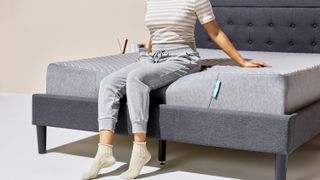
As the name suggests, a memory foam mattress is a bed made entirely of foam. Memory foam is a type of polyurethane foam mixed with additives to give it the ability to contour to your body's shape, resulting in a cushioning support.
The best memory foam mattresses use several layers of foam to create the perfect balance of comfort and support. The memory foam layer is usually on top as it has that squishy, soft feeling that will conform to your body shape when you lie on it. When you get up, memory foam will slowly return to its original form, but it does have a tendency to retain heat, so they’re not always the best choice for those seeking one of the best cooling mattresses.
However, a lot of memory foam mattress today do include cooling technology (such as infusing the memory foam with cooling gel or including a heat-dissipating cover) to offset the heat-trapping tendencies.
Are memory foam mattresses good for stomach sleepers?

When you lie on your stomach, you need a mattress that provides enough support in the hip region to maintain proper spinal alignment. The best mattress for stomach sleepers would be a hybrid mattress, as the best hybrid mattresses combine the pressure-relieving properties of memory foam with the sturdy support of coils or springs. This combination is perfect for stomach sleepers as the coils offers excellent support to prevent hips from sinking and maintain proper spinal alignment, while the memory foam layers offer contouring comfort.
However, that doesn’t mean stomach sleepers should stay away from memory foam mattresses are not a good pick for stomach sleepers. There are plenty of memory foam mattress that offer a firm feel, then you’ll have the right amount of support to keep your spine aligned. Some of the best mattresses for back pain are all-foam and are purposefully designed to relieve pressure on the hips and shoulders, the areas where stomach sleepers need it the most.
3 things stomach sleepers should look for in a memory foam mattress
Memory foam mattresses are one of the most popular mattress in a box beds available, and they have become more versatile to suit all sleeping styles. But if you are a stomach sleeper, it’s important that you choose the right memory foam mattress to ensure you get the best sleep night after night. Here’s what to look for when choosing a memory foam mattress as a stomach sleeper.
1. Opt medium-firm or firm

Stomach sleepers need a mattress that is firm enough to support their body weight and to stop their hips sinking too deeply in to the bed surface. It’s best to look for a medium-firm or firm mattress, as this firmer surface will mean you sleep on the bed rather than sinking into it. Be careful of choosing a bed that is too firm (especially if you weigh below 130lbs), as you still need to be comfortable.
2. Look for a mattress with good edge support
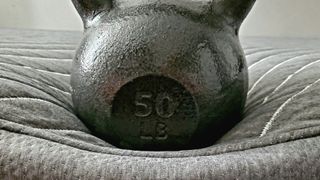
Strong edge support isn’t just a benefit if you like sleeping or sitting on the edge of the bed, it can also be really beneficial for stomach sleepers. When stomach sleeping, sleepers tend to spread out and roll over onto their side during the night. Good edge support will ensure that you won’t roll off the bed and provide more surface to sleep on.
3. Look for a mattress with a responsive foam layer

Responsive foam quickly responds to movement, preventing stomach sleepers avoid the feeling of being stuck. Along with providing the necessary firmness, responsive layers also help to maintain proper spinal alignment and offer pressure relief for areas like the hips and knees, which bear more weight when sleeping on the stomach.








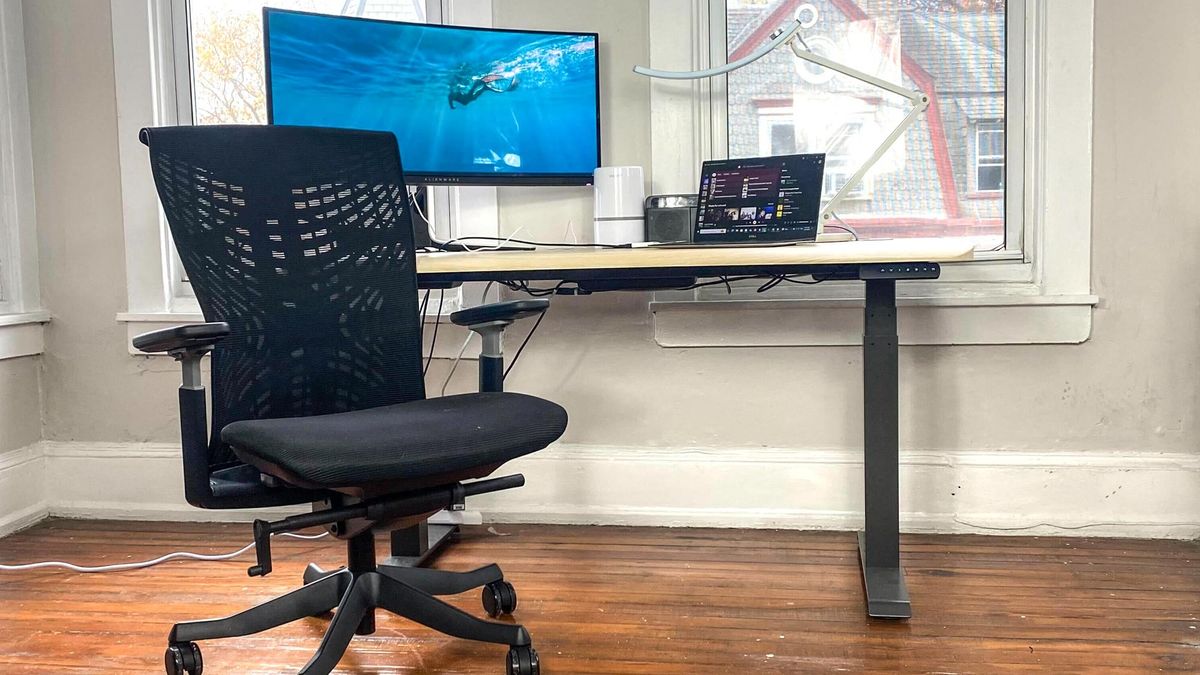
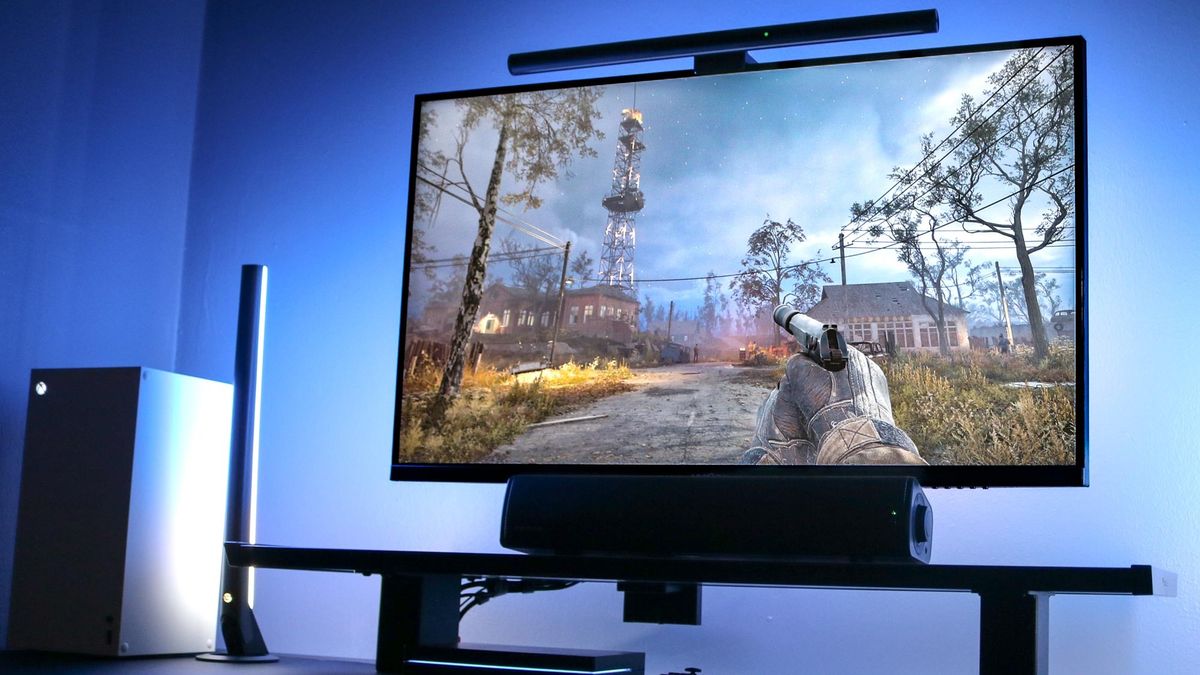


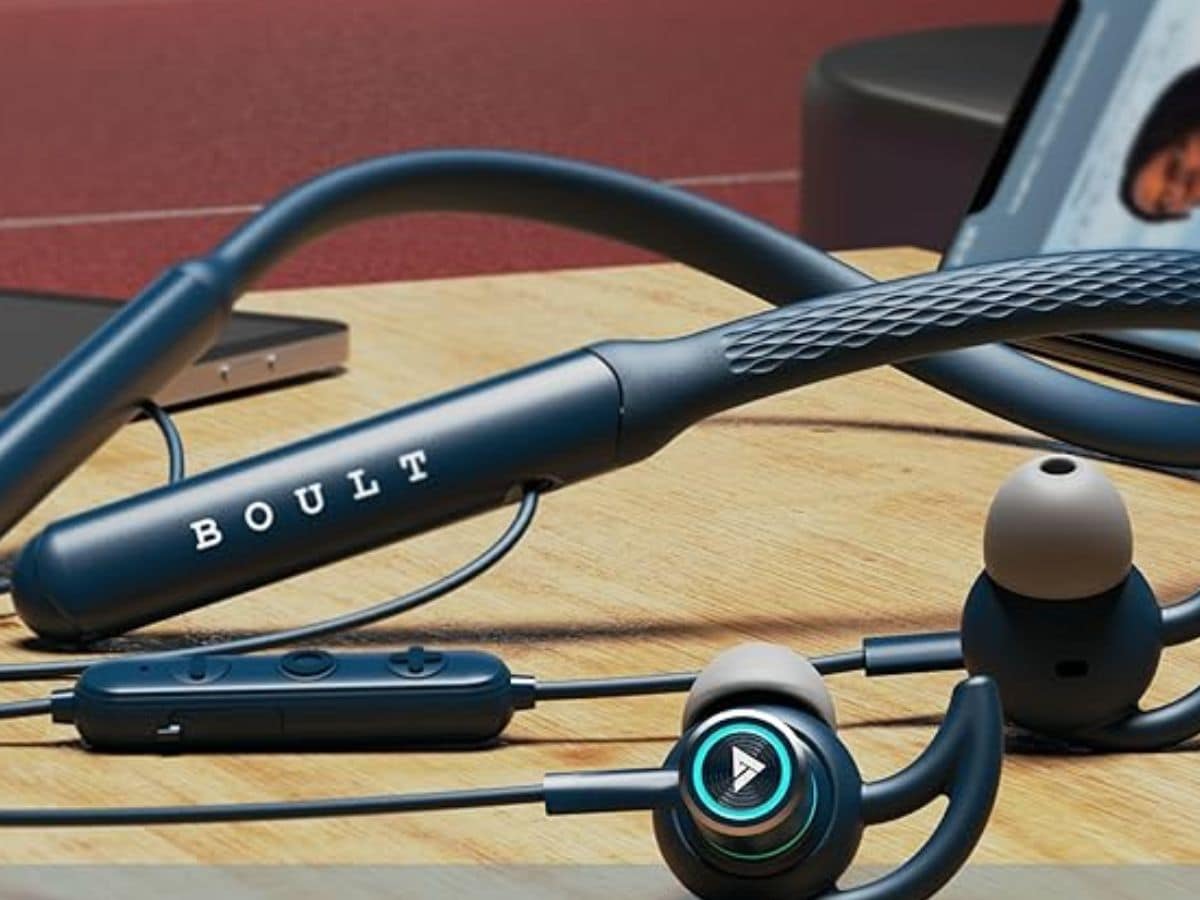








 English (US) ·
English (US) ·